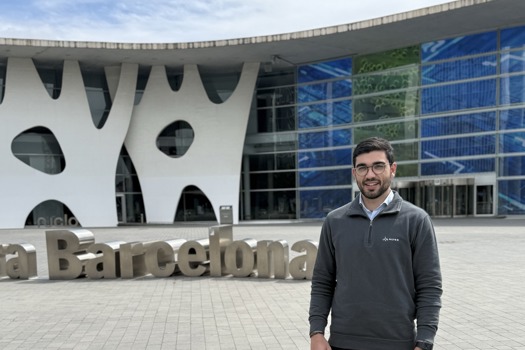International expansion. It's a tricky old game, isn't it? Well at least it has been for St Ives. This week's news that it has offloaded its loss-making Uden multimedia printing business to the plant's management marks the latest step in its retreat from problematic overseas operations.
It sold German web offset wing Johler Druck (also loss-making) back in 2005, a decade after buying it. The Uden move leaves St Ives' £59.3m USA business as its sole foreign outpost, and I can't help thinking that if there was a convenient way to get shot of this too, they would. St Ives' stateside odyssey has involved bucketloads of bad luck. At the tail end of the last century the group was awash with cash, and City types - no doubt scenting huge fees for themselves - were keen to see it spent. The result being that St Ives went on something of a spree in the states, buying financial printer Packard Press and key assets of Global Financial Press in the year 2000, and Avanti Press and Case-Hoyt in a £50m deal the next year. These buys theoretically pushed its US sales up to £170m, and the group looked like it was poised to establish some serious international reach. But just a few months later the events of 9/11 resulted in massive market uncertainty and a corresponding fall-off in work, particularly in financial printing.
Case-Hoyt subsequently became loss-making and its closure was announced at the beginning of 2004. Then in 2005 the group's two commercial print plants in Florida suffered damage and disruption when they were hit by Hurricane Wilma, leading to lots of exceptional costs. Last year it merged the two Florida plants into one and sold its remaining financial documents business to Bowne. In short, pretty much everything that could go wrong, has gone wrong. Still, at least in the last financial year the USA managed to go from loss to profit, albeit on flat revenues, and it will be interesting to see whether the wing has continued to make positive progress when St Ives puts its results out next month. But I for one can't see much light at the end of this particular tunnel.
And talking of no light at the end of the tunnel, have you seen the share price??? At the time of writing (25 September) it had just fallen to a 52-week low of 127p, down almost 40% for the year, and as far as I can tell that's also an all-time-low for the group since flotation. Market cap is £132.5m. Good grief.







